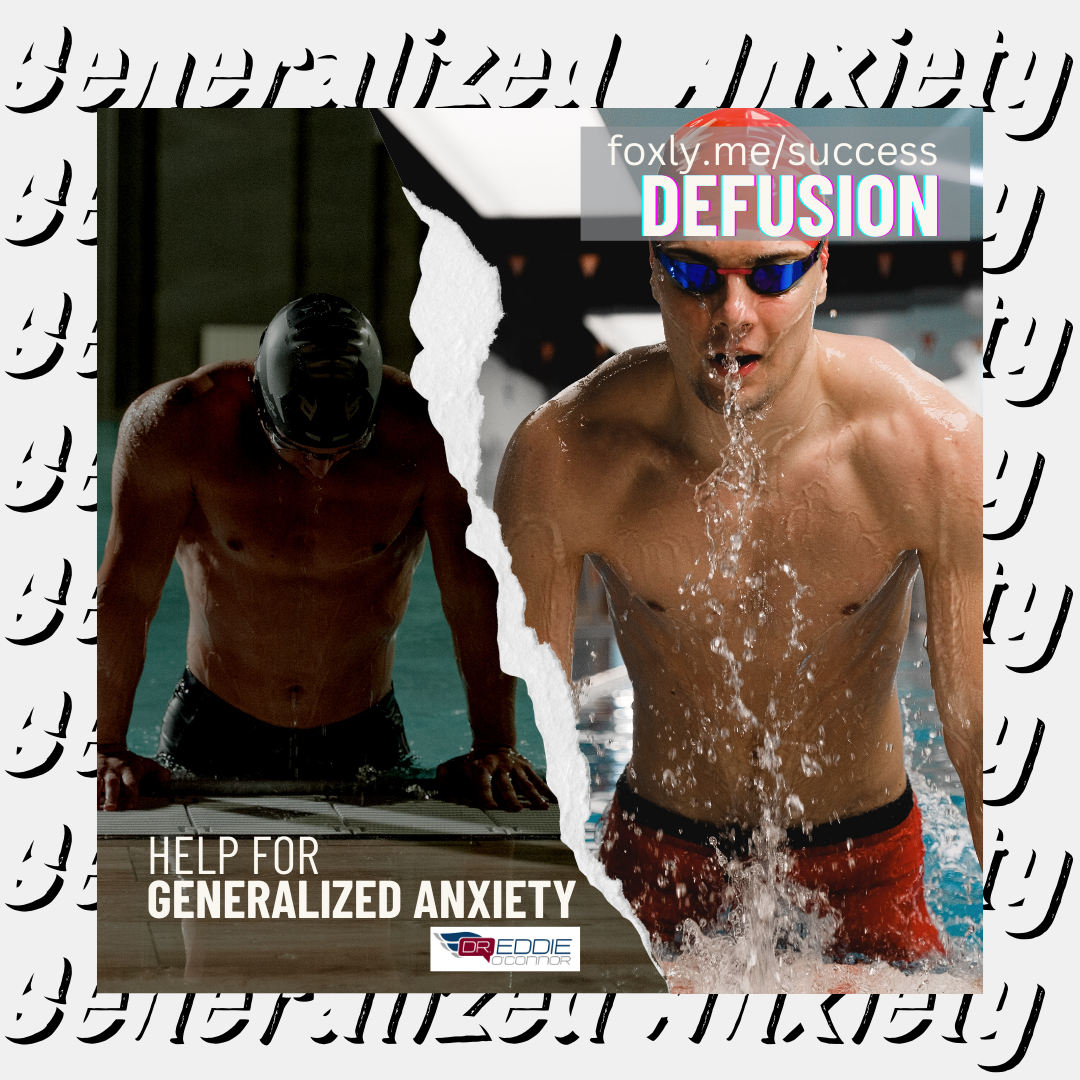Do you always believe what you think?
Apr 08, 2023 11:31 am
Hi,
Anxiety can be a common experience, especially in high-pressure situations such as competitions or important games. For some, there is anxiety about the everyday details or tension with "Type A" personalities.
Anxiety can cause physical symptoms like increased heart rate, sweating, and nervousness, which can negatively affect an athlete's performance. Therefore, finding ways to manage anxiety is important for athletes to perform at their best.
Meditation is one technique that can be helpful to manage anxiety. Meditation involves focusing your attention on the present moment and letting go of distracting thoughts. This can help athletes quiet their mind, reduce stress, and cultivate a sense of calmness and relaxation. By activating the parasympathetic nervous system, which is responsible for the "rest and digest" response in the body, meditation can help to lower the heart rate, reduce blood pressure, and promote a feeling of relaxation.
Additionally, meditation can help athletes to develop mindfulness, which is the practice of being present in the moment without judgment. Mindfulness can help athletes to become more aware of their thoughts, emotions, and physical sensations, and learn to respond to them in a more constructive way. For example, athletes can learn to recognize anxious thoughts and feelings without getting caught up in them or reacting to them, which can improve their mental resilience and reduce their anxiety symptoms.
Meditation is a powerful tool to manage anxiety, reduce stress, and improve performance. By incorporating meditation into your routine, you can learn to cultivate a greater sense of calmness, presence, and perspective, which can help you perform at your best under pressure.
Defusion is a core process in Acceptance and Commitment Therapy (ACT) that aims to help individuals reduce the impact of unhelpful thoughts, emotions, and memories on their behavior and overall wellbeing. Defusion techniques involve helping people observe their thoughts and feelings without getting caught up in them or reacting to them automatically.
In ACT, defusion involves learning to recognize and distance oneself from unhelpful thoughts and beliefs by treating them as passing events in the mind rather than as absolute truths or accurate reflections of reality. By doing so, individuals can learn to see their thoughts as separate from themselves, rather than being a part of who they are.
Defusion techniques may include techniques like mindfulness, where individuals observe their thoughts and emotions as they come and go without judgment, labeling, or trying to change them. Another example of a defusion technique is "naming" thoughts, where individuals label their thoughts as "just a thought" or "just a story" instead of treating them as factual.
Defusion can be particularly helpful in managing anxiety because it can help individuals create a space between themselves and their anxious thoughts and feelings. By learning to observe and accept their thoughts and emotions without getting caught up in them, individuals can reduce the impact of anxiety on their behavior and mood, making it easier to engage in more meaningful and fulfilling activities.
Check out Success Stories Membership: my online community of high achievers working together to overcome obstacles like anxiety and achieve their goals!
***
... and a big thank you to Monument Health for the opportunity to present at their 6th Annual Sports Medicine and Performance Symposium. What a passionate and talented group of providers!
Invite me to speak at your next event ... click here for details.
But you know my favorite part was seeing buffalo in South Dakota!
Go Bills!!
Best wishes,
Dr Eddie
***
Dr. Eddie O’Connor







